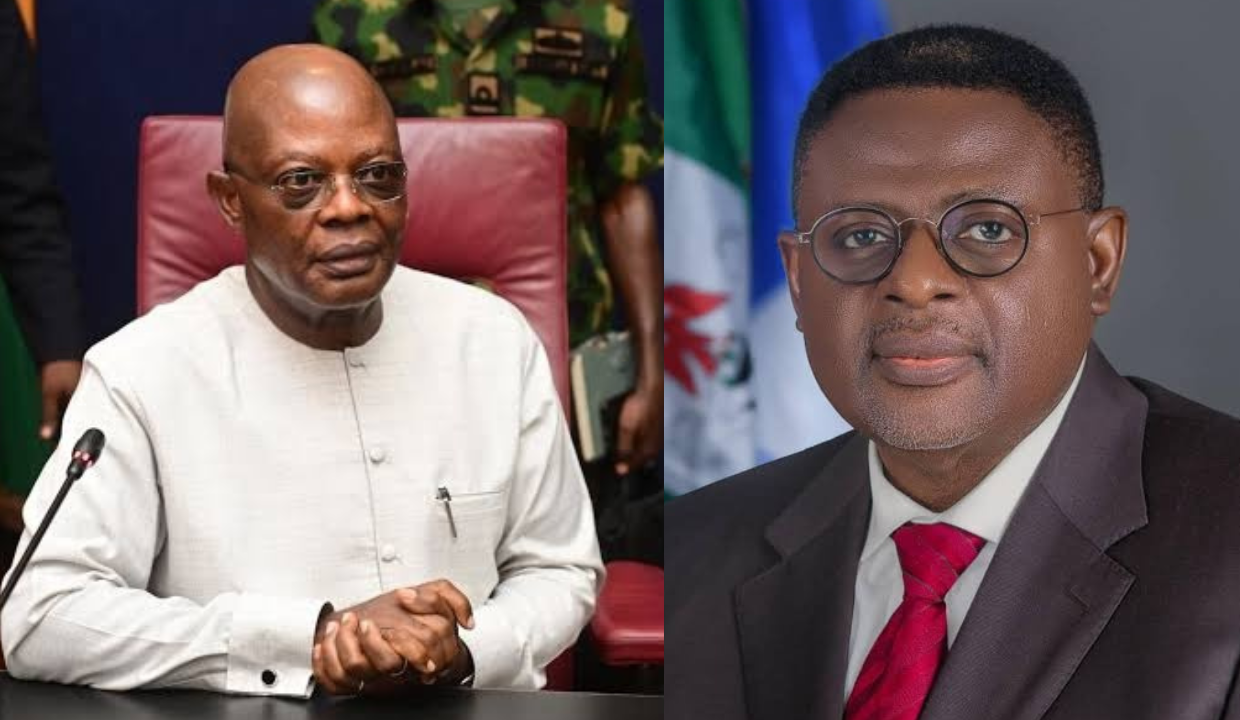Cross River and Rivers States have expressed strong support for State Police, LG autonomy, and State creation

The governments of Cross River and Rivers States have declared strong support for key structural reforms in Nigeria’s ongoing constitution review process, including the establishment of state police, local government autonomy, and the creation of new states.
Their positions were made known during the South-South Zonal Public Hearing on the review of the 1999 Constitution held in Calabar, Cross River State.
Amid a gathering of traditional rulers, federal and state lawmakers, past ministers, and other stakeholders, the Deputy Governor of Cross River State, Peter Odey, who represented Governor Bassey Otu, described the event as a “profound moment in history.”
Welcoming participants, Odey urged the National Assembly to genuinely listen to the people’s voices in shaping Nigeria’s foundational law.
“It is with deep patriotism and a profound sense of responsibility that I welcome you to Cross River State for this important public hearing. This exercise resonates strongly with the hopes and aspirations of our people,” he said. “Our desire is for a more inclusive, just, and effective framework of governance.”
He argued that parts of the 1999 Constitution have become outdated and must be re-examined in light of current realities.
“Some provisions have become less responsive to our challenges and must be carefully reviewed in the light of our collective progress,” he said.
Emphasizing the importance of citizen participation, Odey reminded attendees that the Constitution begins with the phrase “We the people,” stressing that sovereignty lies not with institutions or individuals, but with the populace.
“This declaration is not a mere preamble. It asserts that sovereignty rests not in institution or personality, but in the people themselves,” he said.
He called for grassroots voices to take center stage in the process, insisting:
“Let this hearing be a true platform for civic expression… one that upholds the fundamental democratic principle that government derives its legitimacy not from the consent of government, but from the people that they govern.”
Cross River State, he noted, fully supports state policing, inclusive governance for women and persons with disabilities, and the creation of new states.
“We believe our women deserve inclusion in government, and people with various disabilities also deserve a place. Like you, we agree as a state that the idea of state policing is right and this is the only time we can get it right.
ALSO READ: Constitution Review: North-central states demand state police
“We also believe strongly that it is not only the military that can create states and local governments in Nigeria. States will be created from this process. I won’t say which one because I will be biased,” he added.
Representing Rivers State, Mrs Vera Sam-Dike, speaking on behalf of the state sole administrator Ibok-Ete Ibas, echoed similar sentiments and confirmed the state’s endorsement of 73 out of the proposed constitutional amendment bills.
“We support resource control. We are here because it will promote inclusiveness, peace, happiness, unity, and economic growth in Nigeria,” she said.
Rivers State’s position also backs reforms covering state policing, judicial restructuring, traditional institution recognition, greater political inclusion for women and persons with disabilities, and the creation of more states and local governments.
“Let me not bore us. As the lawyers will say, the document we have supported speaks for itself.
“We support 73 bills aimed at electoral reforms, judicial reforms, devolution of powers, inclusive governance, security, and fiscal reforms,” Sam-Dike told the gathering.
She emphasized that the rising insecurity across the country justifies the demand for state police.
“The security situation in the nation is becoming overwhelming for the current structure. State policing will help a lot in curbing the security issues, because states understand their territories better than outsiders,” she said.
Both states underscored the urgency of implementing meaningful constitutional amendments, calling for sustained consultations to ensure broad consensus and legal refinement.
“By adopting our recommendations, Nigeria can build a more robust, inclusive, and prosperous society for all citizens. When we are happy, a lot of issues will be solved,” Sam-Dike concluded.

